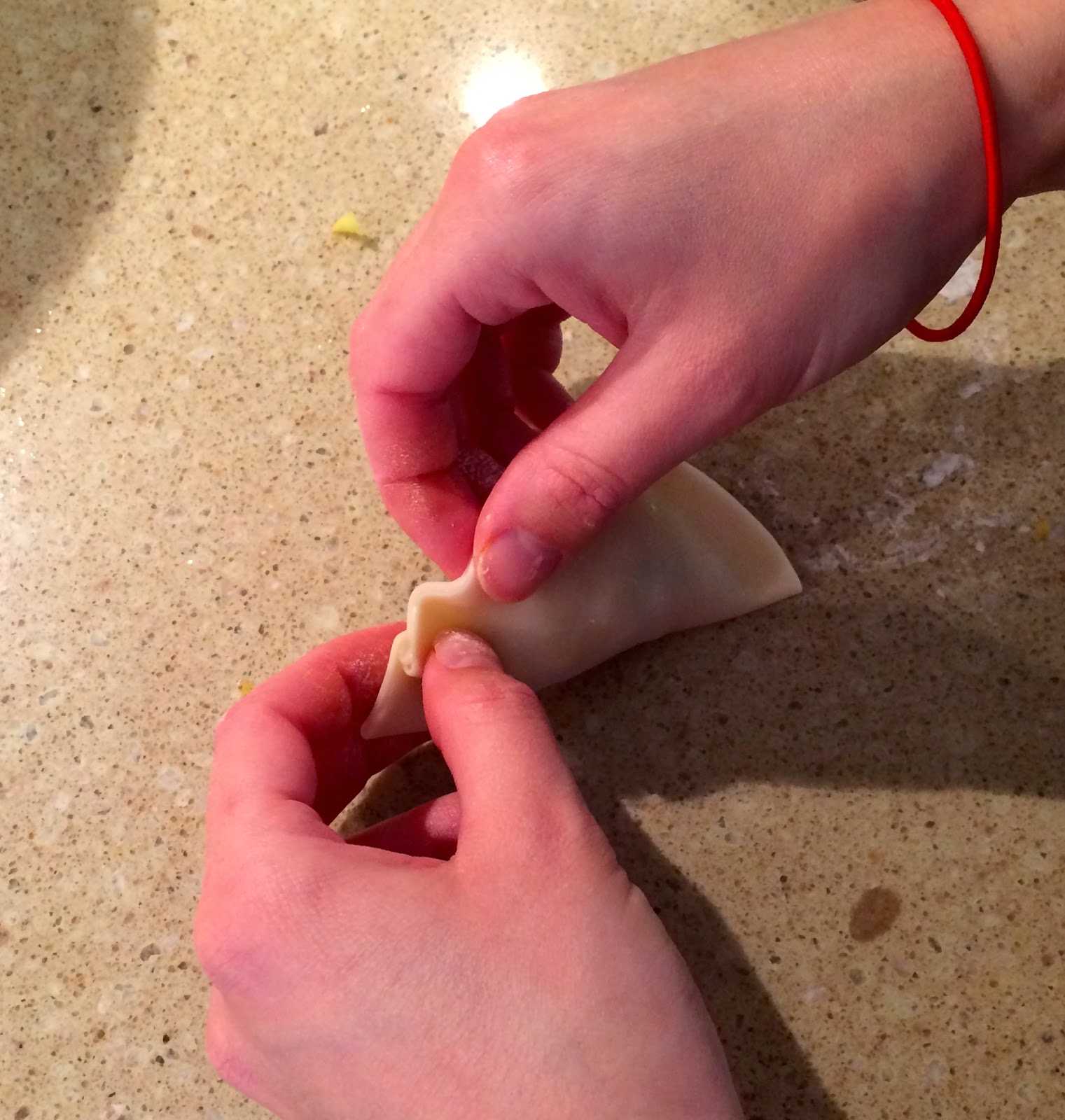I’m sure I don’t have to tell you how big a
problem food waste is in the developed world. But at the household level, what
can we do to reduce the amount of food we throw away each week? I'm sure we've all had to throw food away at some stage because it's past its use-by-date or gone limp in the crisper, started sprouting or just gone stale! And we tend to throw perfectly edible food away too, just because we don't know what to do with it. Well, I’ve done a bit of
research and come up with some tips, tricks and everyday ideas to make your
food go further!
 |
| I bet your grandmother didn't waste it! |
Tips & tricks:
- Plan your meals for the week and make a shopping list (that you’ll actually stick to).
- Go ‘shopping’ in your own fridge and pantry first! You’ll be surprised at what’s been hiding away… and keep an eye on use-by-dates so you can use things before they go off.
- Love your leftovers- it could mean there’s one less night you have to cook (perfect for when you’re busy) or that lunches are sorted for the following day- who wouldn’t love that?
- If you need to buy one ingredient for a particular recipe and you know you won’t need all of it, plan to cook something else that week that could also use it.
- Only buy fresh as you need it, but when it comes to fruit and veg, frozen and tinned is often just as good and will last a lot longer!
- Buying in bulk is cheaper… but only if you’ll actually get through it all. Be realistic about the quantities you’ll use, or shop with a friend or two and divide your bulk purchases.
- Store your food correctly so you don’t shorten it’s lifespan, follow pack directions if it says to refrigerate after opening, store opened dry ingredients in an air-tight container, vegetables in the crisper and potatoes, onions and other root veg in a dark cool place (like a cupboard)
- Don’t feel you need to stick exactly to a recipe, adapt it to what you have at home- cooking should be about experimentation!
- Don’t cook for six if you’re only serving three- unless you’re an avid leftovers fan you will invariably end up throwing some away. Bring out those maths skills and divide the ingredient quantities accordingly, OR freeze your leftovers (but make you label and date the containers).
- Don’t pile your plate up just because that’s how much you usually serve yourself, listen to body and only serve up the amount you think you’ll actually need to feel satisfied.
- And of course, compost any scraps that can’t be saved.
Everyday ideas:
- Don’t throw out old limp vegetables, scraps like peels or tops and tails that you’d usually cut and discard- use them to make a vegetable stock or puree into a soup.
- Overripe bananas and other fruits are great in smoothies, cakes and muffins.
- The stems of broccoli and cauliflower can also be used! Slice finely and add to a stir-fry.
- Just like potato skin, sweet potato and pumpkin skins are also edible! But if you’re mashing these veg (or don’t usually like the texture of the skin), don’t throw out the peels, spray with a little oil, sprinkle with a little spice or garlic and bake in the oven until crispy and they become healthy chips (with a great dose of fibre and antioxidants to boot)!
- If you can’t get through a whole bunch of fresh herbs, chop finely and put in an ice cube tray with a small amount of oil or water and freeze until needed (and don't forget the stems too)! You can also freeze fresh lemon and lime juice or zest.
- Freeze bread to prevent it going stale, or turn fresh-gone-stale bread into toast, breadcrumbs or crispy croutons.
- Have an ‘all-in’ meal at the end of the week to use up any veg, leftover roast meats, cheese or herbs. Omelettes, frittatas, fritters, soups and homemade pizzas work well for this.
- Keep the seeds from your pumpkin, clean them, dry them and roast in the oven- they’re great as a snack to munch on.
- Collect seeds from pumpkins, passionfruit, pawpaw, avocados, mangoes, lychee, nuts, hot chillies or capsicum for planting in the backyard. Sweet potatoes, Jerusalem artichokes, ginger, and garlic cloves will shoot quite quickly after planting. You can also take the white root end of a leek, spring onion or fennel, place in a glass jar with a little water in a sunny spot and it will continue to sprout just like that!
 |
| Growing your own spring onion from old roots. |


















